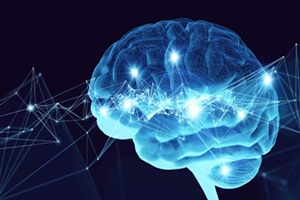THE REVOLUTION OF THE EDUCATIONAL SECTOR BY MACHINE LEARNING AND ARTIFICIAL INTELLIGENCE
Publication Details
Abstract
This paper reviews the impacts of machine learning and artificial intelligence technology to improve the educational sector and teaching/learning efficiency. In the study, a systematic review and meta-analysis methodology was implemented for development, which involves the development of inclusion and exclusion criteria, adoption of search strategy, selection of study, quality assessment, and interpretation of the outcome. Then, from the review, the various challenges that face the Nigerian educational system, such as funding inadequacies, corrupt academic operations, inadequate infrastructural facilities, shortage of academic staff, strike actions, insecurity, brain drain, and poor research, are presented. Finally, the ways in which machine learning and artificial intelligence can be assistive in solving these challenges, such as collaborative learning, monitoring of student forums, continuous assessment, artificial intelligent learning companions and teaching assistants, and a research tool to improve further learning sciences, are also identified. Based on the identified situations in the study, it is recommended that the ML and AI approach is adopted in the educational sector to improve equity and inclusion in education, serve as ethical frameworks and guidelines in teaching and learning, make empirical impacts in AI, develop the teacher professions effectively, preservation of privacy, engage stakeholders and create long term impacts in the educational system.


